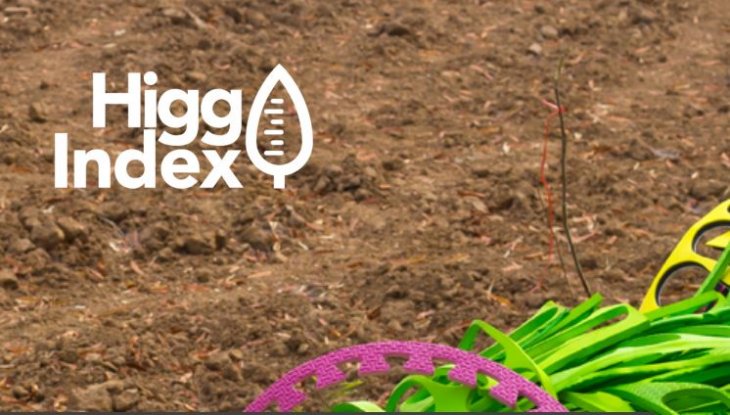Nowadays, there are a lot of certificates, sustainability labels and initiatives for sustainability out there. All are approaching the way of measuring sustainability a bit differently. Due to the diversity of labels, it could be difficult for customer knowing, where to start and to stay informed and not to lose the overview. The main aim of empowering the customer through transparency could be at risk due to information overload. To find a standard of measuring sustainability and to combine many of the existing approaches could be helpful – that is what the founding members of the Sustainable Apparel Coalition (SAC) had in mind, when they introduced the Higg Index in 2012. This non-governmental organization has been established in 2009. The SAC is an industry led initiative and has developed a standardized measurement toolbox for the apparel and footwear industry to assess their sustainability at every step of the value chain. The open-access toolbox, Higg Index, could be useful for brands, manufactures, factories, retailers of all sizes and customers. Through the standardization it is possible to compare the achievements in sustainability by years and others stakeholders as well as to competitors. In the center of the Higg Index are the measurement of sustainability in line of design, material, production and usage as well as end-of-life-phase. The Higg Index measures and scores the environmental and social impact in textile production. Companies have to fill out a 200 questions survey. The tool follows a self-assessment approach. A lot of time and knowledge is necessary to fill out all these questions. There are of course some consulting companies helping in doing so.
Does the measuring of sustainability really changes something for good? It would, if customer would make conscious buying decisions on ground of such metrics – And if companies are authentic and really transparent and want to transform. From the industry, there is much support for the index. For e.g. Zalando, a Berlin-based online-fashion-trader, will only present brands on their platform, which are scored by the Higg Index by 2023. That are over 2500 brands.
SAC says “Every year, we have seen Higg Index scores improve, a meaningful benefit to the industry and our planet”. Are things really getting better due to the Higg Index or is it all about green washing? Are the producers are really going to open up and companies are revealing their scores? (offset_warehouse).
In 2019, the Higg Co, has been founded by SAC. A tech company, bringing the Higg index forward. Zalando, Higg Co and SAC have stated recently, that they will work together for a global sustainability standard (fashionunited.ch). At the end, the measurement of sustainability itself is a business.
If you want to transform the fashion industry into something good, you need people, who are willing to give resources into the assessment of sustainability. You need authentic people, who really are trying to improve their work and are transparent about their efforts.
We see a great potential in establishing common holistic framework for measuring sustainability in fashion industry for business of all sizes from all over the world – which could help customer. Maybe SAC can bring some more objectives measures into its toolbox and some independent stakeholder could fill out the questionnaire.
We have already highlighted some best practices in bringing transparency to fashion – for example SKFK – which present the water and carbon footprint of every cloth of every step of the value chain. It costs many resources in doing so – but at the end – it all depends on the awareness of the customer. We hope that transparency is the key to drive change.
photo credit by SAC


